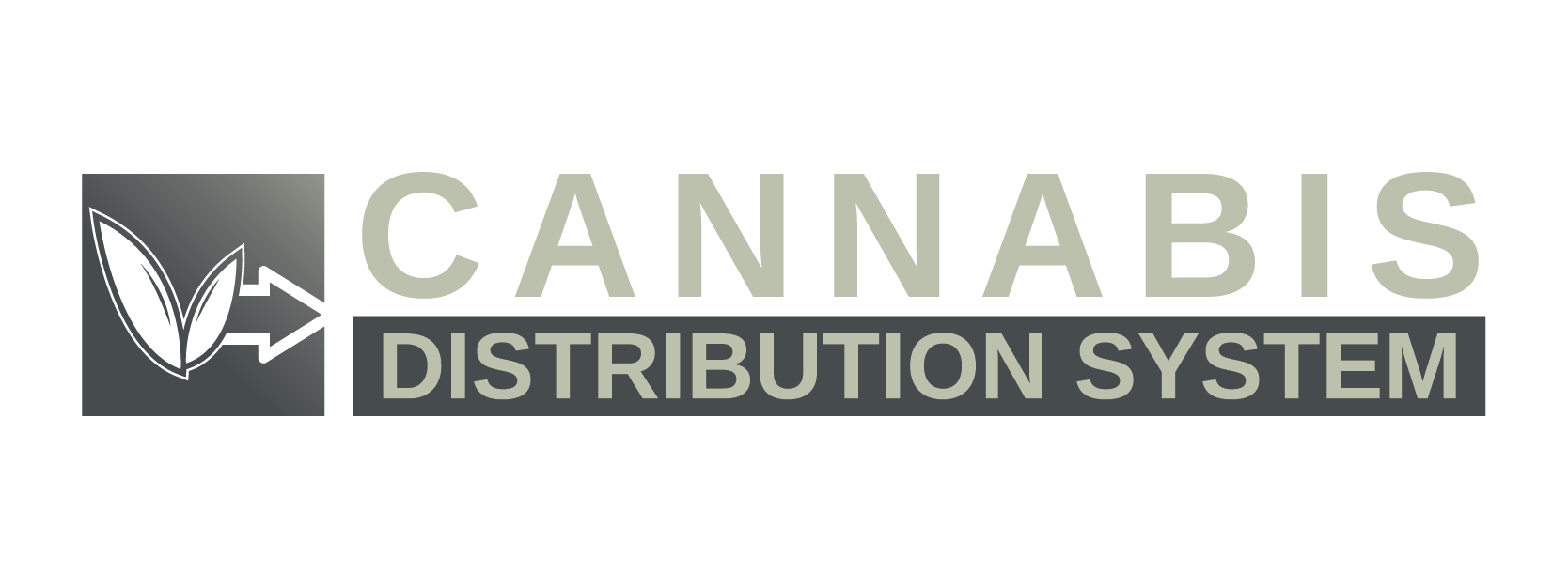With the legal cannabis industry growing across North America, so too does the concern about its environmental footprint. Cannabis cultivation, processing, and distribution can generate significant waste—from water usage to plastic packaging and organic material that never reaches consumers. Fortunately, a wave of technology-driven solutions is helping cannabis companies improve sustainability and reduce unnecessary waste.
Smart Farming Reduces Resource Waste
Modern cannabis cultivators are embracing precision agriculture to grow more efficiently. Sensors and automated irrigation systems help control water and nutrient use, reducing overwatering and energy consumption. According to Leafly, indoor cannabis cultivation can require up to 3 gallons of water per plant per day—but smart tech can cut this in half or more. AI-powered climate control systems optimize light intensity, temperature, and humidity in real-time, reducing electricity use and emissions. These tech tools help growers lower their environmental impact without compromising crop quality.
Innovative Sustainable Packaging
The cannabis industry is also tackling the plastic-heavy problem of product packaging. Innovative companies are turning to compostable materials like hemp plastics, mycelium, or recycled paper. Tech tools help design these containers for safety and compliance. According to Packaging Digest, new biodegradable child-resistant packaging is becoming a viable alternative to traditional plastics. Blockchain and QR code scanning let consumers track the entire lifecycle of a container—encouraging return and reuse schemes that keep materials in circulation longer.
Data Analytics Minimize Processing Waste
Processing raw cannabis into oils, concentrates, and edibles can generate substantial biomass and trim waste. AI-driven data analytics help processors forecast demand more accurately and fine-tune extraction parameters so they lose less biomass during production. Some extractors also use specialized decarboxylators and machines that reclaim valuable cannabinoids that would otherwise go to waste—an innovation noted by MJBizDaily as a game-changer for sustainability.
Inventory Software Reduces Spoilage
Inventory management tech is also critical for keeping products from going unsold and expiring. Real-time cannabis inventory platforms use RFID or cloud-based tracking to optimize stock levels and predict demand fluctuations. According to Forbes, data-driven inventory tools help dispensaries minimize overstocking and cut expired product losses — reducing the total footprint of the industry.
Turning Waste Into Resources
Beyond cultivation and retail, technology is helping cannabis businesses divert green waste and packaging into productive new streams. Cannabis-specific recycling and composting services leverage apps and data networks to help growers and dispensaries connect with biomass energy producers or soil enrichment companies. Even consumers are being incentivized with digital loyalty programs to return empty containers for refilling or recycling, closing the loop and supporting a circular economy.
Conclusion
Sustainability is quickly becoming a priority in cannabis — and technology is leading the way. From smart farming tools and biodegradable packaging to inventory software and recycling networks, cannabis companies are leveraging innovations to reduce their waste footprint. These solutions do more than protect the planet; they also boost efficiency and long-term resilience in a competitive market. With continued adoption of sustainable technologies, the cannabis industry can set new standards for responsible, green growth.






